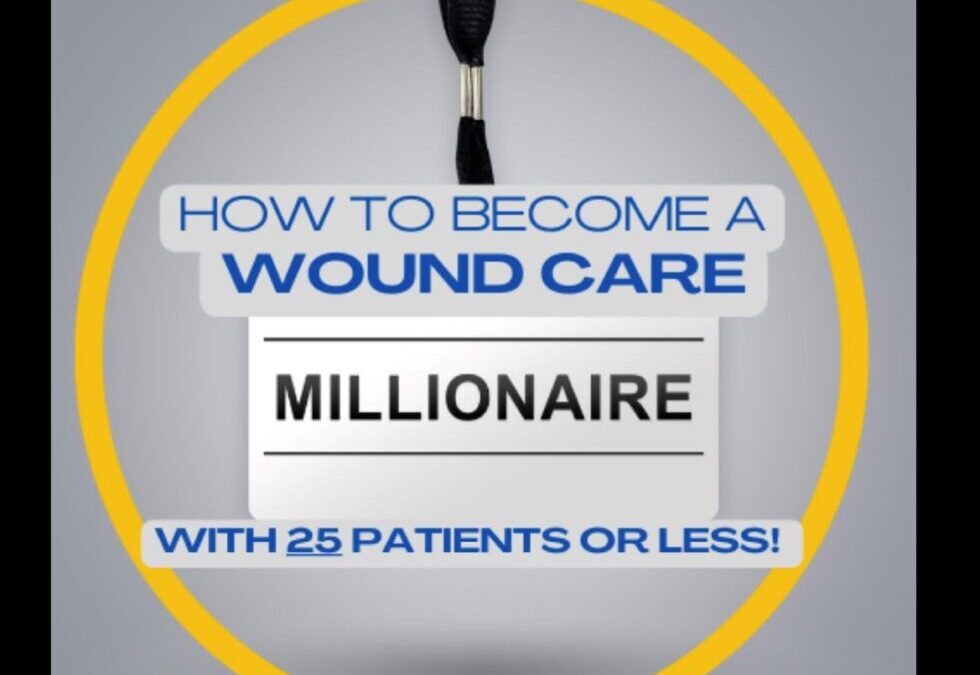
I previously posted this ad from Linked in which has since been taken down. At the time, I thought it was some kind of joke. However, in the past few weeks, the way in which practitioners can make huge profits off the cost of a product has been explained to me. That sounds very enticing from an economic standpoint. A patient might desperately need a CTP/skin sub and even be saved from an amputation – so this set up seems like a “win-win.”
Well, I have spoken to two of the many practitioners who have had to deal with a RAC (Recovery Audit Contractor) audit on CTPs/skin subs. Here’s a link to the CMS website with the approved RAC topics.
Here are the details: 0193-Bioengineered Skin Substitutes: Excessive or Insufficient Units Billed
Both of these physicians are caring and conscientious individuals who try to do the right thing. Remember that these audits are designed for failure. I’ve blogged before about the documentation requirements for CTPs/skin subs:
- Addressing Both the What and the Why of Clinical Documentation
- Useful Materials for Responding to a Medicare Audit: Part 1
- Cellular and/or Tissue Based Products Make News – But Not in a Good Way
In my Medicare jurisdiction, the application note requires more than 20 specific things to be addressed -– in addition to a lot of other supporting documentation about wound care and clinical progress.
No matter how good a clinician you are, this is a test of your documentation skills. And if your nurses have documented anything that contradicts the physician note, you are in big trouble. In the doctor’s office, if they lose these an audit and Medicare takes money back, they take back the money paid for the cost of the product. One doctor told me he had paid back 100% of the money he’d been paid for CTPs/skin subs.
But, remember that a RAC audit can result in the loss not only of the money paid for the specific claims they review, but a percentage of all of the services that are included in audit. Meaning, they can “extrapolate” the charges to claims they don’t review. That means that a physician who is a walking saint with regard to clinical practice, but whose documentation failed in one subjective area (e.g., “nutritional assessment”) could end up paying back a small fortune. Maybe even a big fortune. The risk here is a huge. I am not sure which prospect scares me more. The possiblity that some practitioners will game this system out of pure greed, or the possibility that good doctors will end up bankrupt after a capricious audit. That makes this feel like a game of high stakes poker.

Dr. Fife is a world renowned wound care physician dedicated to improving patient outcomes through quality driven care. Please visit my blog at CarolineFifeMD.com and my Youtube channel at https://www.youtube.com/c/carolinefifemd/videos
The opinions, comments, and content expressed or implied in my statements are solely my own and do not necessarily reflect the position or views of Intellicure or any of the boards on which I serve.



